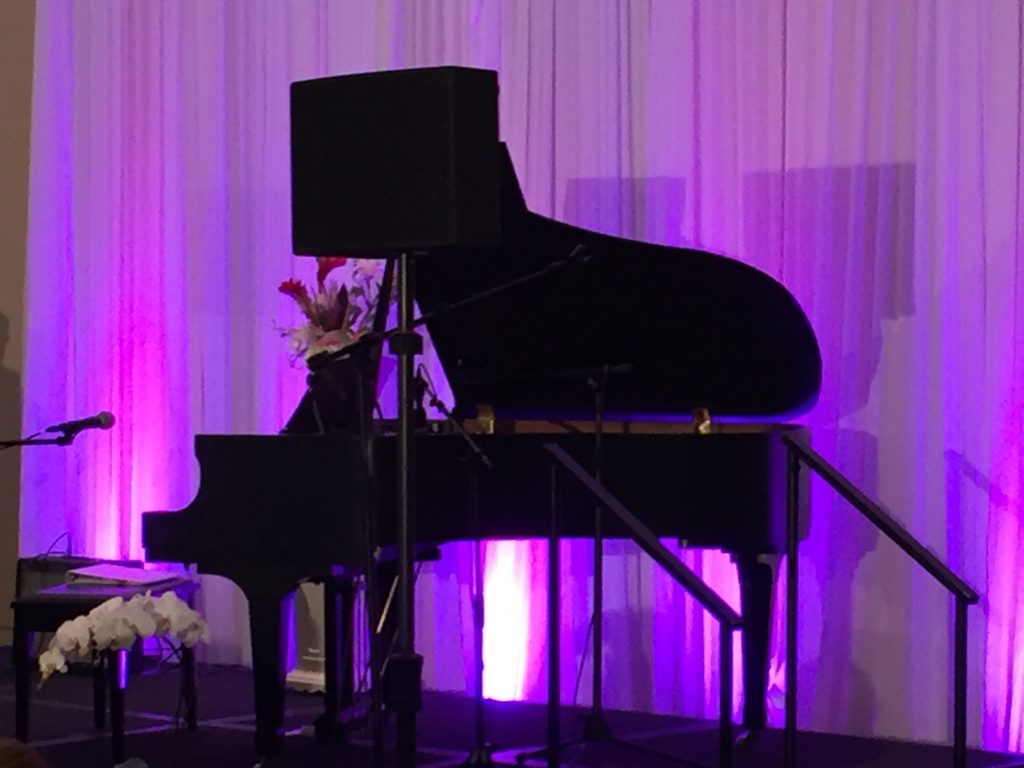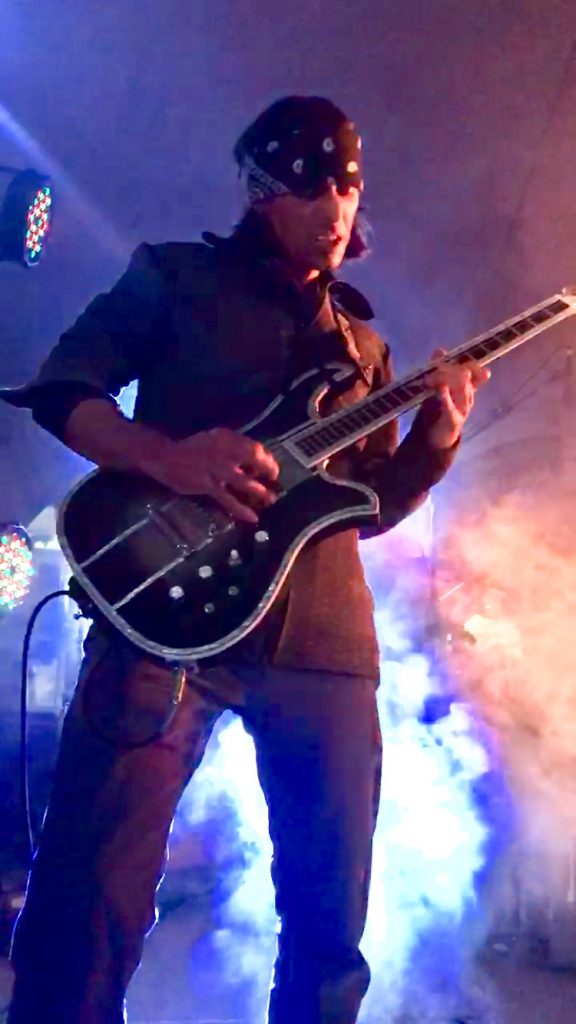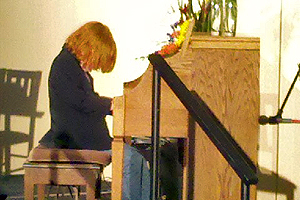October Music Blog
October Music Blog
Improvising over a two five chord progression.
Dean Cutinelli here from the Colorado School of Music. Remember we are just a call away to start your private music lessons. We offer guitar lessons, ukulele lessons, piano lessons, drum lessons, violin lessons, vocal lessons as well orchestral instruments. Now on to our discussion on improvising over a two five chord progression. (ii V)
Today I will be discussing different sounds that you can improvise over a minor two chord followed by a major or dominant five chord from the same key. These to chords are related and from the same key which keeps our options fairly limited, but still with great effectiveness. To keep things simple here we will take a D minor chord for a measure and followed by a G7 chord for a measure. (/dmin/G7/) At first glance we can see that These two chords are from the same key of C major. Real quick here is the way your chords appear diatonic to a major key. (I ii iii IV V vi vii’) So this chord progression is said to be a two five in the key of C major.
Now you want to record yourself playing a simple rhythm with our two chords D minor and G7 in a two bar phrase. First try playing your C major scale as this is the tonic of these two chords. The sound is nice and also my be called a D dorian sound. This is saying the same thing two different ways. C Major is equal to D dorian. If you’r not familiar with the modes and Dorian mode please see my 2019 March music blog, as it’s dedicated to the Dorian mode. After you have a feel for the C Major scale let’s try playing a D minor pentatonic scale including the b5! Very cool rockin roll sound working the fret board now. This scale works for a few reasons. First our foundation is a D minor chord.
This sets up the D minor pentatonic scale nicely and the G7 chord compliments the sound. If we do the math behind the sound you’ll see that the notes from a D minor pentatonic scale are D, F, G, A, C. The notes from the key of C major are C, D, E, F, G, A, B,. IF you compare the two scales all the notes are common or found in both scales. There are no conflicting notes. When running the D minor pentatonic scale in it natural order creates this great sound to jam on!
Well after reading this you should have a few different sound options when it’s time to improvise over ii V7 chords. Please feel free to contact us and come in for a music lesson to learn all about improvising and anything else pertaining to music from one of our great instructor at the Colorado School of Music in Golden Colorado. We offer guitar lessons, ukulele lessons, piano lessons, drum lessons, violin lessons and vocal lessons as wells as orchestral instruments.
Thanks for reading!

Thanks for reading
Dean Cutinelli





